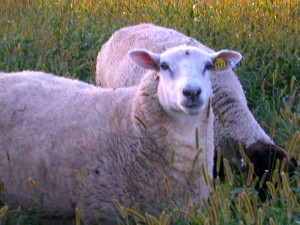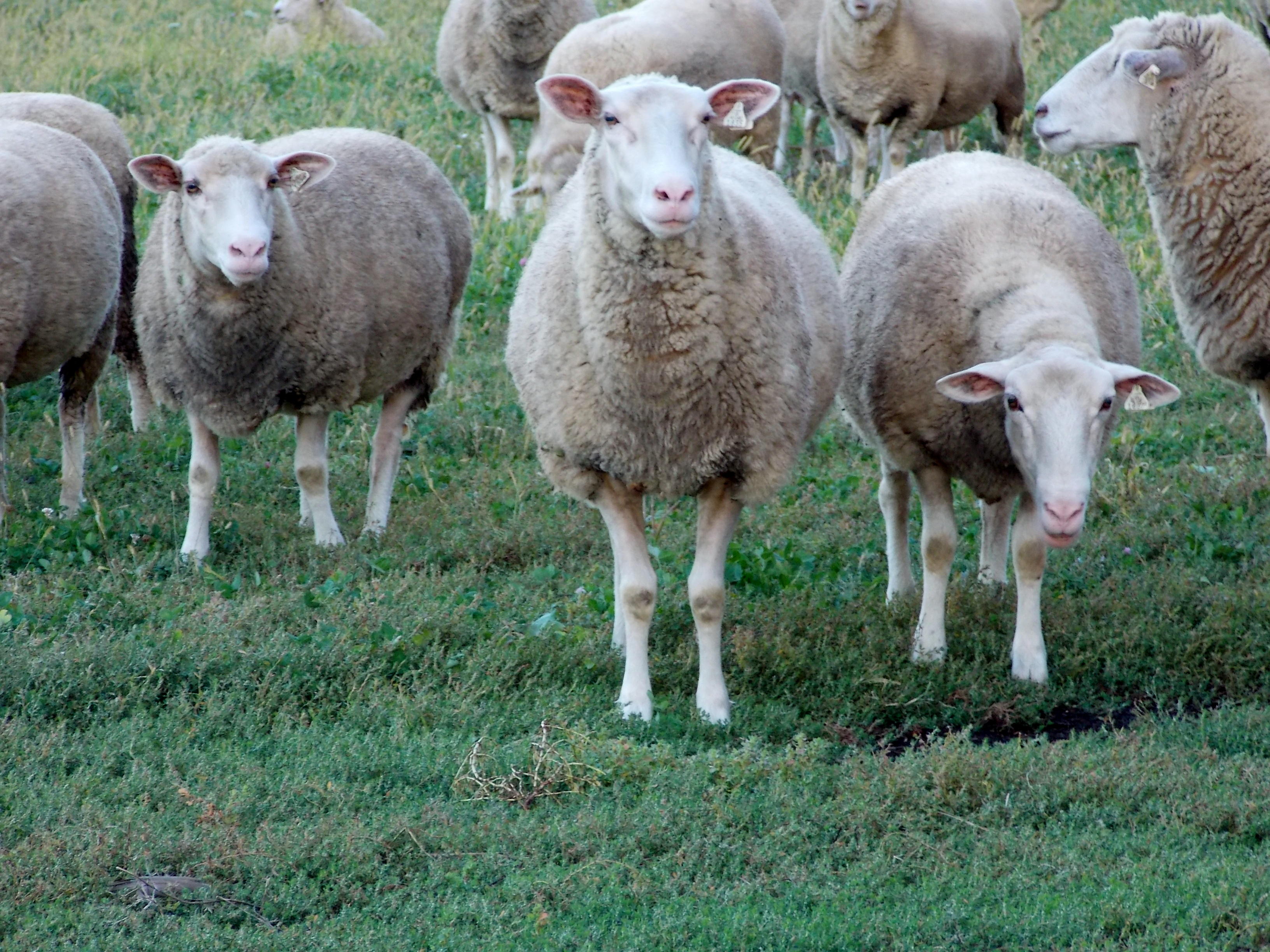Best Farming Practices
One of the questions we're asked frequently is, “Why aren’t more farmers raising animals in better environments?” The answer’s simple; money.
With high corn prices, record high land prices, and the ability to increase crop yields with chemicals, confinement livestock allows farmers to double crop. When animals are confined to housing instead of grazing the land is freed up for row crops. Grazing land can now be put into more “productive” use.
Added into the issue is government subsidies that pay for corn and soybean crops, not pasture grazing. Acreage is too valuable to “waste” on animal production. The monetary return is too small for animal producers, especially when labor is factored into the equation.
Our farm is an extension of our lifestyle, values, and a love of the environment and animals. Our customers health and the health of our livestock is the priority.
Our son and I took a class offered by one of the universities on raising sheep. The material presented was all about profit. Keeping costs down, production up. According to the class instructor the bottom line dictates every aspect of animal production . The class presented graphs and charts indicating how cheaper food sources could be advantageous when feeding sheep. In this instructor's opinion hay was too expensive. Hay wasn't profitable to feed. Corn stalk bales were the better choice. Cheap grain mixed with cheap dry matter are more advantageous.
When the class was over I explained to our son that none of these ideas would work on our farm. Our goal is to use the Best Farming Practices. In my opinion, conventional farmers are shooting themselves in the foot. If a livestock producer sells meat by direct marketing, the customer's satisfaction is the model, not the bottom line. Quality products equal repeat customers. The university model works well, if you are paid for carcass weight, not quality. But producing crap isn’t a viable business plan. If raising garbage meat, with animals living in pathetic conditions, is all a producer is capable of then perhaps a new career is called for. I’ll step down from my soap box now.
The book Righteous Porkchop by Nicolette Hahn Niman has been selected for the Linn Area Reads program. There are several events planned to promote good food choices. Factory farm meat is readily available. It takes greater effort to find pasture raised pork and grass fed meat. Check out Linn Area Reads for book discussion locations and an events calendar. On May 11 at 7 pm Nicolette Hahn Niman will give a presentation at the Hotel Kirkwood. If you have any questions about pasture raised pork, or raising livestock in general, I’d be happy to answer them for you email us .

©Glenda Plozay, Forest Hill Farm Products,LLC

Hi Glenda and family--
Forest Hill Farm came up when I led a discussion of Righteous Porkchop here in Cedar Rapids a few weeks ago. Several of the people in our book discussion group wanted to know where to get humanely-raised beef, and I told them: Forest Hill Farm! I also pointed out how much better it tastes 🙂
Glenda, I love you guys and your soap box!
It DOES taste better...and there is no danger of Pink Slime... When everyone was freaking out, we were not. We do not eat pink slime, we eat Forest Hill beef. 🙂 Thanks for giving us the option. Looking forward to seeing you guys at the market!